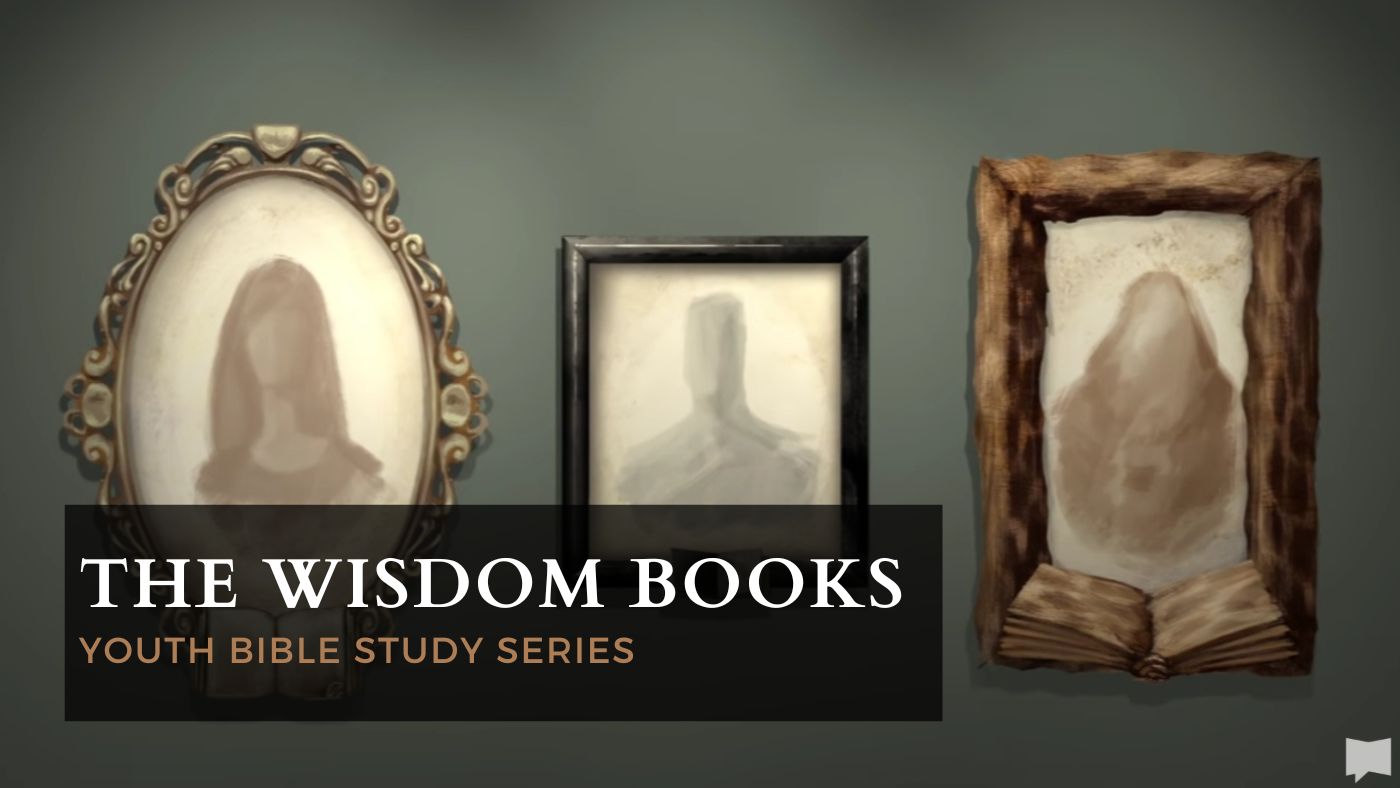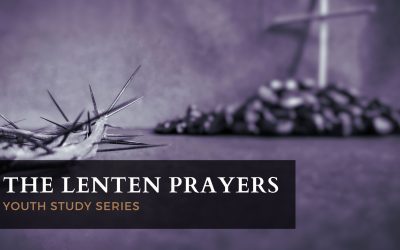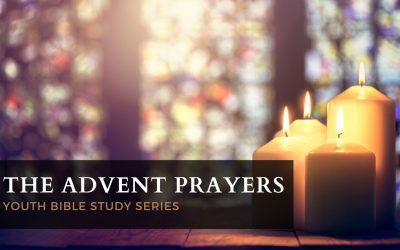There’s much more to the Holy Scriptures than a bunch of stories and rules for life. There’s a great deal of guidance on how to live a good life. That’s where the Wisdom books come in. But it’s not all just straightforward tips for living your best life. You really have to dig to capture everything the Wisdom books have to offer.
We spend a great deal of time with the youth working on how to study the bible. And the Wisdom books certain deserve their own deep dive to help us ensure we’re keeping passages in their proper context.
And that’s what this series is all about. When we see how all three of these Wisdom books work, and how they work together, it’s easier for us to pull some great stuff out of those pages.
This three-week study was built around three videos from The Bible Project that we’ll summarize here.
Proverbs
The book of Proverbs is filled with poetic sayings that have a sort of cause-and-effect perspective on the good life. The word that stands out in this study is hokhmah, the Hebrew word that we translate as wisdom. This hokhmah isn’t just intellectual knowledge. It’s more of a thread that runs through everything, and is even seen in the work of an artisan who is skilled at their craft.
Generally speaking, the idea that comes through in the Proverbs is that if you live life a certain way, then things will generally work out better for you. But that’s not the whole picture, when is where the next two books come into play.
Check out more information and resources on Proverbs.
Ecclesiastes
In the book of Ecclesiastes, we see a perspective that comes of much more pessimistic. Basically, it points to the idea that in reality, bad things still happen to good people (and good things happen to bad people). So this “good life” isn’t as clear cut as we’d like to see. Throughout the book, we see statements about how “life is meaningless.” But that word translated as meaningless is the Hebrew word hevel, which is better represented as smoke or vapor. And like trying to grab hold of smoke, like life, it will slip through your hands.
When looking at the whole book of Ecclesiastes, the idea that life is meaningless is really more complete when compared to the love (and fear) of the Lord. Life doesn’t always work out the way we want, and can simply slip through our hands. But the Lord is God, and His love endures.
Check out more information and resources on Ecclesiastes.
Job
Job is an interesting book. Not only does it show that bad things can happen to good people, but it also brings in a sort of debate that the main character has with a few friends who think they have it all figured out. In fact, sometimes their perspective and advice is typical of what “church friends” would give based on biblical perspectives. But in the end, the lesson Job learned came when God directly addressed him and basically told him that He is God, and Job is not.
It’s a book that basically reminds us that no matter what happens, we should never consider ourselves equal to God (or that we know better than Him). Ultimately, Job recognizes this, and has his “good life” restored… two-fold.
Check out more information and resources on Job.
Final Thoughts on the Wisdom Books
One of the biggest themes that came up in conversation with the youth through this study is that there is hokhmah (wisdom) that should guide us in how to live our lives. But in the end, that’s not a promise that everything is going to work out the way we want (or hope). And that we should never lose sight of the fact that God is God, and we are not. And all Wisdom comes from Him. This kind of perspective can (and should) shift how we live (and how we pray).




